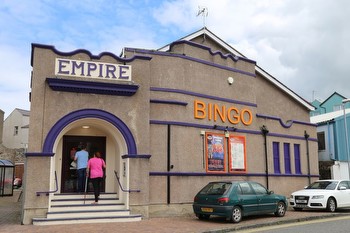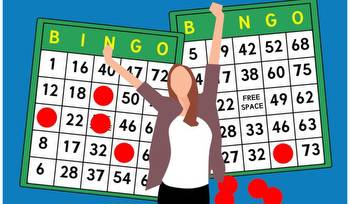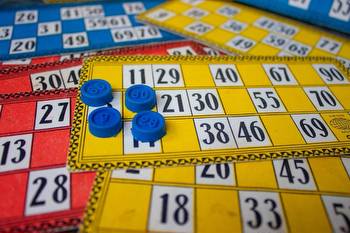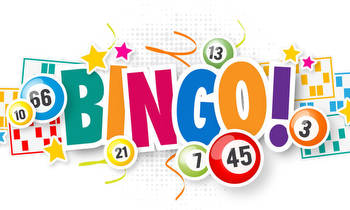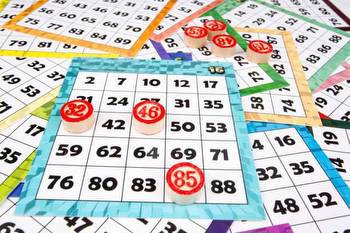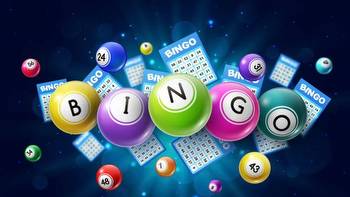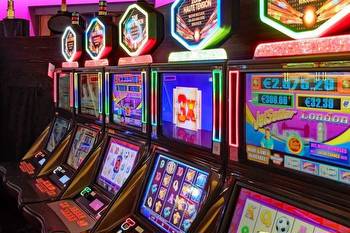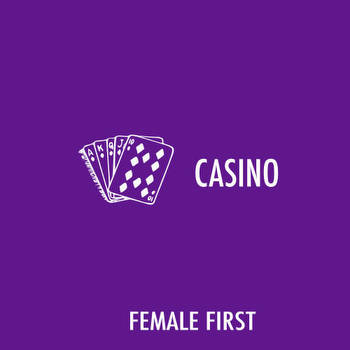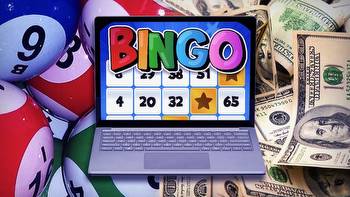Bingo firms look to new technology to appeal to younger demographics

When most people picture bingo players, they envision older women or grandmothers socialising at the local bingo hall. However, the advent of online bingo made the game more attractive to younger people and mobile gaming has brought the average age down further. Now bingo firms are looking for the next new technology to appeal to the next generation of players.
A brief history of bingo
Bingo is believed to have its roots in a 16th century Italian lottery known as Il Gioco del Lotto d’Italia, with the earliest records of such a game dating back to 1530. The game quickly spread to France, where Le Lotto became popular with French aristocracy, and the influence of the French over much of Europe during the period meant that it was soon being played across the continent and in the UK. By the 19th century, the game was being used as an educational tool in German schools to help teach children basic mathematics.
The term “bingo”, however, was a US invention. When the game was brought to carnivals and fairs in 1920s America people initially shouted “beano” when they had won the game in reference to the beans used to cover their game card, but the term was soon bastardised as the game found popularity. And from the US, the term quickly steamed across the Atlantic to the UK, where bingo halls soon became a common site in towns and cities across the UK after the game was legalised as part of the 1960 Betting and Gaming Act.
Demographic change
For decades, bingo has been primarily played by the older generation, with older women particularly fond of heading down to their local bingo hall for an evening’s entertainment with their friends. Bingo has traditionally been one of the most social forms of gambling thanks to its simplicity and low cost of entry, which is part of the reason for its popularity with the older age group looking for a night out with their friends.
One 70-year-old Glaswegian bingo player recently explained to France24: “I’m not a gambler but I do like bingo… the atmosphere and the adrenalin rush when you’re playing…You meet friends, have a good time and it gets you out and about.”
More recently, these same benefits of accessibility and simplicity have made bingo one of the most popular ways to gamble online, and the ability to play from home has made the game a beloved pastime with a younger generation of player. While many people still prefer the in-person social aspects of playing at their local bingo hall with their friends, the web-based game lets younger and middle-aged people enjoy the game from home and fit it around their busy lives. And with webchat often built-in to the game, it is still possible to be sociable while trying to fill your card and be first to shout bingo!
Bingo on the web remains popular among many players, but the smartphone revolution has stepped up the demographic change amongst players further. Between 2015 and 2017, the 18 to 34 age group went from just over three in twenty bingo players in the UK to over a quarter, and the 35 to 44 age group grew from four in twenty to 26 per cent. New research shows that over one third of players at popular online bingo sites like Winkbingo.com are part of the 25-34 age bracket, with the proportion of older players continuing to fall every year
The technological revolution has also led to a change in the proportion of male to female bingo players. At bingo halls across the UK, women still outnumber men eight to two, but online the situation is a little different. Online bingo firms report that whilst women still do outnumber men amongst their customer base, men now make up more than 25 per cent of all UK online bingo players, and up 40 per cent of players on some bingo apps.
Bigger games and larger prizes online
Whilst winning a prize has always been a big part of the excitement of bingo, bingo halls could never offer the life-changing prize money available in some online games. The scale of online games dwarfs that of traditional bingo, with over three million people playing regularly across the UK, and the result has been some very large cash prizes.
Back in 2012, 60-year-old job centre worker John Orchard won an impressive £5.9 million with a stake of 30p, making him the biggest bingo winner in history. Whilst Georgios M, Lisa Potter, Soraya Lowell, Christine Bradfield have also won sums over £1,000,000 in recent years from playing bingo online.
Future technologies
The internet and smartphone revolutions have driven significant growth in the bingo sector over the last few decades and created a younger generation of players. However, gambling firms will need to invest in new technologies if they want to keep up with the pace of change and keep attracting new players.
The blockchain is one area that currently excites a number of tech-focused gambling firms. Many gambling outlets already accept the cryptocurrency Bitcoin as a form of payment, where a cryptocurrency wallet service converts Bitcoin, Litecoin, Dogecoin, and other digital currencies into Pounds Sterling at the time of transaction. However, where the blockchain technology is most interesting is how the distributed ledger offers a distributed system that everyone can rely on as fair and unbiased.
Meanwhile, other gambling firms are working on integrating other technologies into their games to try and improve user experience and engagement. Virtual reality games, where people can look and chat with other players within the game using headsets like the Occulus Rift 2 or the Samsung VR, matching the social bingo experience of old but with the convenience of the digital game. Companies are also working on integrating augmented reality technology into their games, so that people can experience a mixture of reality and digital play at the same time, integrating a real-world game live with other players from around the world.
Whilst bingo was once considered a game played mostly by older women, today the game is played by an increasingly younger demographic of players thanks to the simplicity of its gameplay and the increased accessibility delivered by online services and app-based games. As virtual reality and augmented reality technology becomes more mainstream in the years to come, the industry hopes that they will continue the trend and keep bingo a popular game played by millions every month.








